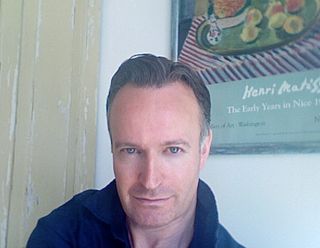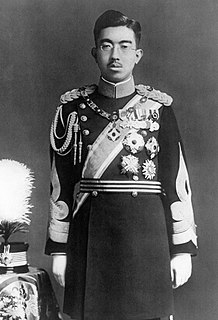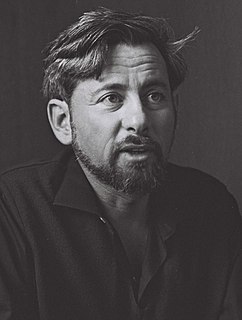A Quote by Andrew O'Hagan
A good nationalism has to depend on a principle of the common people, on myths of a struggling commonality.
Quote Topics
Related Quotes
It's not about superheroes. This is the method of universal storytelling that all people have... To me, they're the same as the Greek myths or the Roman myths or religious figures of every religion. These are common characters that we use to express stories about being a better person or what you would do when faced with various things.
Dialectic, which is the parent of logic, came itself from rhetoric. Rhetoric is in turn the child of the myths and poetry of ancient Greece. That is so historically, and that is so by any application of common sense. The poetry and myths are the response of a prehistoric people to the Universe around them made on the basis of Quality. It is Quality, not dialectic, which is the generator of everything we know.
When people today say 'racism,' they mean it's a nationalism they don't like. Racialism used to be a good thing, a looking-out for what was best for one group... Israel comes out of that 19th-century idea of nationalism. Many Arab states also have preferences. It's fundamentally unfair to decide that one is racism and the others aren't.
Myths, as compared with folk tales, are usually in a special category of seriousness: they are believed to have "really happened,"or to have some exceptional significance in explaining certain features of life, such as ritual. Again, whereas folk tales simply interchange motifs and develop variants, myths show an odd tendency to stick together and build up bigger structures. We have creation myths, fall and flood myths, metamorphose and dying-god myths.







































